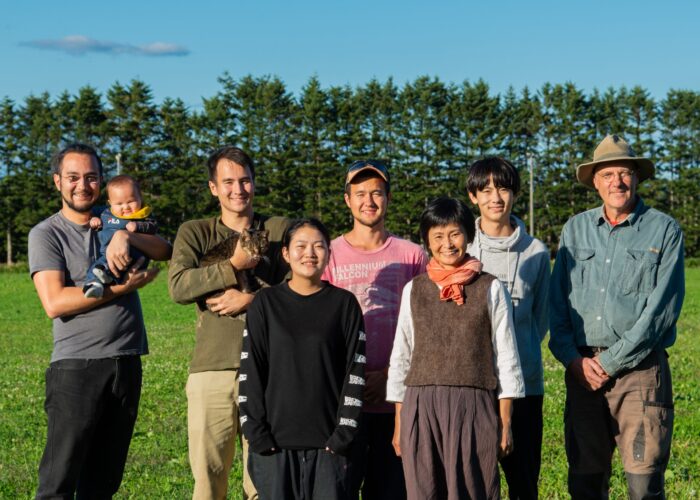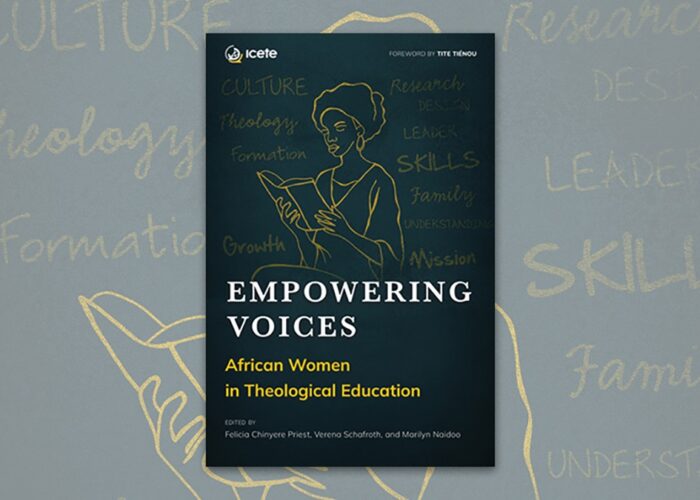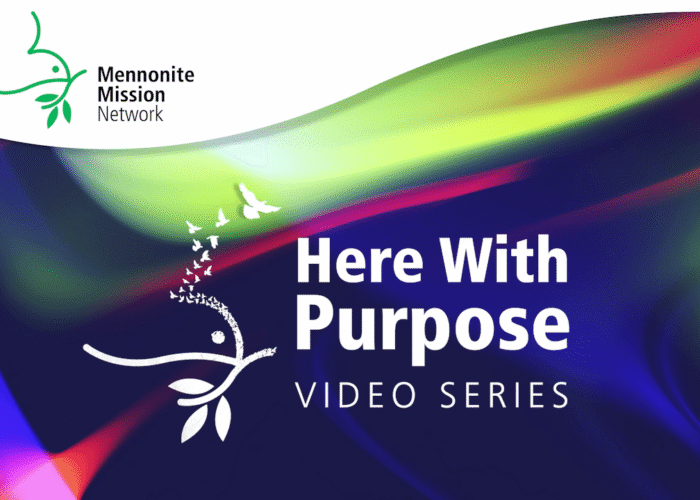NORTH NEWTON, Kan. (Mennonite Weekly Review) — No matter how unlikely a draft might be, Selective Service officials and pacifist Christians agree on the need to be prepared.
“We have to be ready for something we hope never happens,” said Cassandra Costley, alternative service manager for the Selective Service System, on Feb. 2 at Bethel College.
Costley visited Bethel, Hesston and Tabor colleges in Kansas Feb. 1-3, speaking to more than 1,000 youth and adults, including Mennonites, Beachy Amish and others. She came to Kansas at the invitation of Mennonite Mission Network, whose voluntary service programs would be one source of alternative service jobs if a draft were reinstated.
Costley offered advice on how to deal with draft boards and tried, she said, to “set people’s minds at ease” that the rights of conscientious objectors will be protected if a draft ever returns.
“Our democracy is built on diversity and tolerance of differences,” said Costley, whose position was created in 2004.
She spoke in Bethel’s Krehbiel Auditorium to a group of about 400, the majority of whom were members of the Beachy Amish and other conservative groups.
Mission Network personnel counselor Ken Regier said Mennonites shouldn’t depend on a draft as the motivation to serve God and others.
“Service is an ethic that we do in response to our faith, not just something we do in wartime,” he said.
If there were a draft, Costley said, having done voluntary service would be evidence that faith is sincere.
“They’re looking for proof that you believe what you say,” she said of draft boards. “How have these beliefs affected your life and actions?”
Judging a CO applicants’ sincerely is essential to the alternative service program’s credibility, she said.
“It’s a hard-won battle to have this [CO] classification,” Costley said. “We try to be in a position where the public accepts what we’re doing. If insincere people get the classification, it discredits the program.”
Some COs who faced draft boards prior to 1973, when the draft ended, endured difficult experiences. That shouldn’t happen today, Costley said.
“We train them now as to how they are supposed to behave,” she said.
About 2,000 draft boards exist, Costley said. Some have been together 20 years. They initially have eight hours of training and annually get practice cases to judge and receive evaluations of their decisions.
In response to a question from the audience, she said the stereotypical draft-board question — “What would you do if your family were attacked?” — shouldn’t be asked.
Draft boards, she said, are supposed to determine the sincerity of applicants’ moral, ethical or religious objection to war now, not ask them to speculate about what they might do in a hypothetical moment of crisis.
The events at Bethel included mock draft boards, with high school and college students giving unscripted answers.
“I am proud to be an American, where we have freedoms such as appearing before a board like this and defending my beliefs,” said Bethel student Caley Ortman of Marion, S.D.
Said Regier: “It’s not a bad thing to be able to articulate our faith, regardless of whether there’s a draft board.”



